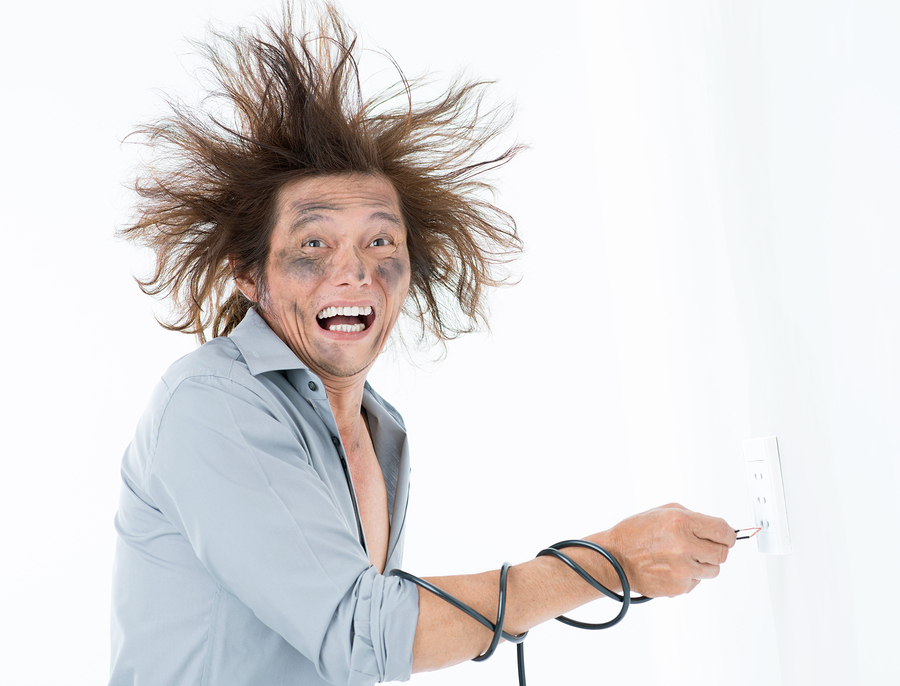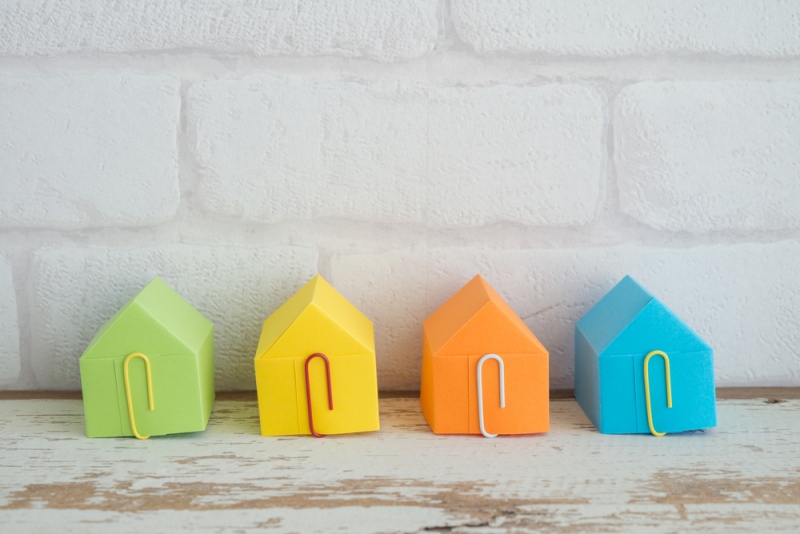If you own a rental property, you are faced with a good news/bad news proposition. The good news is, you get rental income. Hurrah! The bad news is, you could get in deep legal trouble if your property falls short of safety standards and someone gets injured or worse.
When it comes to causes of accidents in the home, electricity ranks right up there in a big way. This should come as little surprise, considering how many electrical appliances the average dwelling has going at any given time. And while you can’t do anything about some candidate for a Darwin Award jabbing a metal fork in an electrical outlet, there are certain measures you can take to make sure that, at least on your end, everything’s covered (not to mention covering your end, so to speak!).
The Two Different Areas Of Electrical Safety
There are in fact two different aspects of electrical safety that any landlord needs to take into consideration. There’s Fixed Installations, which covers things like sockets, circuits, switches, and light fittings, and there’s Electrical Appliances, which, no surprise, covers small appliances as well as “white goods”. For the record, “white goods” covers things like refrigerators, stoves, and washing machines, the kind of appliances that the landlord usually supplies.
It’s a good idea to especially keep the appliance safety aspect in mind. According to “10 Tips For Maintaining Electrical Safety At Your Rental Homes”, 34% of the power consumed by a dwelling comes from appliances and lights.
Landlords are legally responsible for making sure that the rental property, including appliances supplied to the tenant, are deemed “safe” not only at the time when the tenants move in, but throughout the tenancy.
How To Be Safe
Here’s a shopping list of suggestions for how to keep your rental property safe and the tenants happy and healthy.
Leave Electrical Work To The Professionals. It’s one thing if you do an electrical DIY project in your own home and it goes badly. The situation gets infinitely worse if a tenant ends up in a bad way. Though registered electricians cost big bucks, you’re paying for the professional experience and keeping yourself legally covered.
Use The Correct Bulb Wattage. Such a simple and inexpensive concept, and yet not following it could lead to costly problems. Make sure that all lightbulbs have a wattage that’s within the limits of the appliance or fixture.
Conduct Inspections. Have your property’s electrical systems inspected by a licensed electrician once every five years, or whenever a tenant moves out, whichever comes first. By doing so, you can catch small problems before they become huge ones, not to mention note any havoc that the previous tenants wreaked on the wiring!
Use The Right Interrupters. Make sure the property has arc fault circuit interrupters (AFCI) for the main circuit breakers, and ground fault circuit interrupters (GCFI) for rooms where shock hazards are more likely, such as bathrooms, kitchens, garages, laundry rooms, and cellars.
By following these simple rules, you can feel better knowing that your property has less chance of experiencing an electrical mishap.




